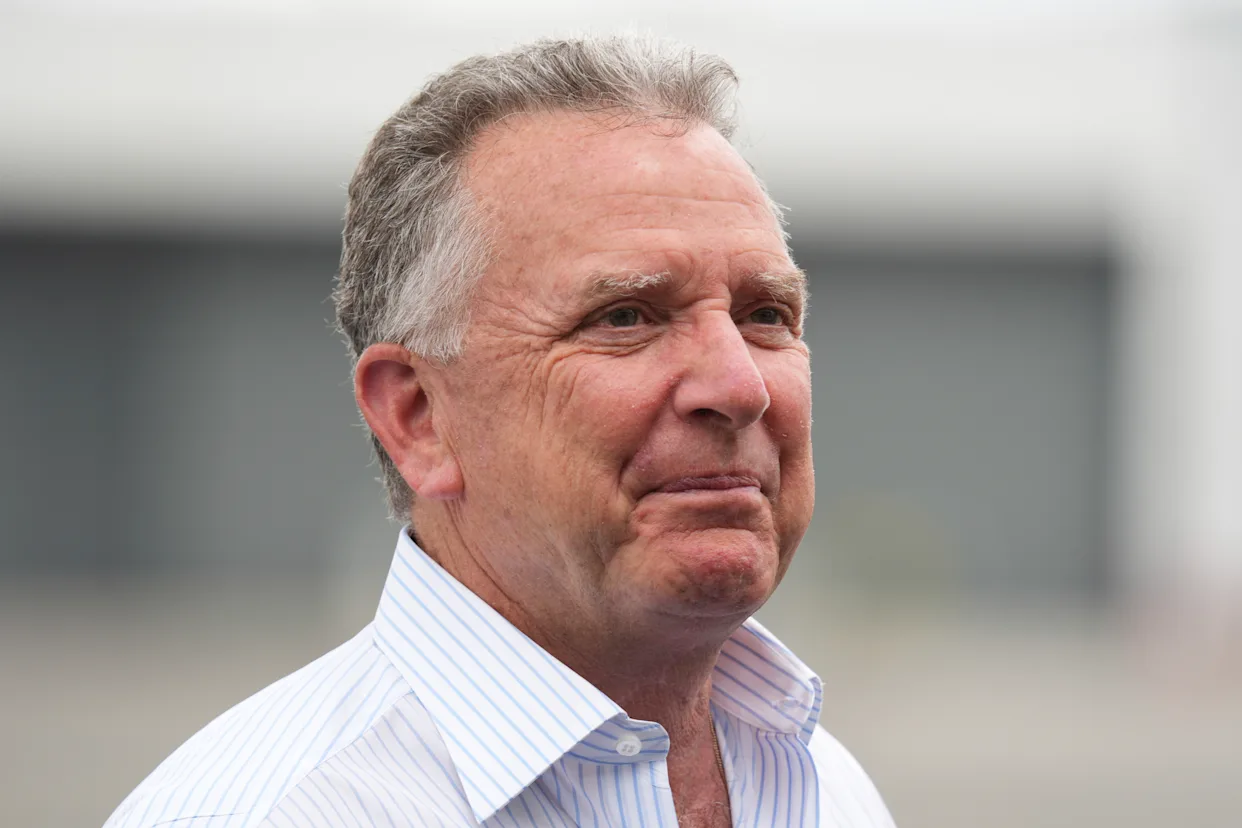In a striking development emerging from the Alaska summit between President Trump and President Putin, the U.S. special envoy Steve Witkoff, told CNN that Moscow has agreed to allow the United States and European allies to extend “robust security guarantees” to Ukraine, described as “Article 5-like” protections that mirror NATO’s collective defense pledge. Presenting the move as a major breakthrough, Witkoff said it was the first time he had heard Putin concede to such a security structure.
As Witkoff explained on State of the Union, the proposal entails that Ukraine could receive U.S. or allied protection comparable to Article 5, a provision that obliges allies to consider an attack on one as an attack on all. This was seen as a workaround for Russia’s longstanding insistence that Ukraine must not join NATO.
Witkoff also revealed that Putin moderated his demands regarding Ukraine’s occupied territories, including five heavily contested regions, suggesting potential negotiations around “land swaps” along current front lines rather than administrative boundaries. While details remain sparse, this represented the first hint of territorial flexibility from Moscow at the summit.
However, the announcement drew immediate caution from both Western and Ukrainian officials. European Commission President Ursula von der Leyen welcomed the possibility of security assurances, stressing the need for clarity on U.S., EU, and NATO roles in such a structure. Ukrainian President Volodymyr Zelenskyy also acknowledged the development, but warned that details matter, and any real protection must functionally resemble a true Article 5 guarantee.
While the news injected a moment of cautious optimism, it arrived amid broader skepticism. Critics questioned the lack of specifics, particularly around enforcement and commitments of troops. Trump himself has shifted from demanding a ceasefire to calling for a peace deal, a departure that Ukraine and its allies remain wary of, especially absent written guarantees or international oversight.





